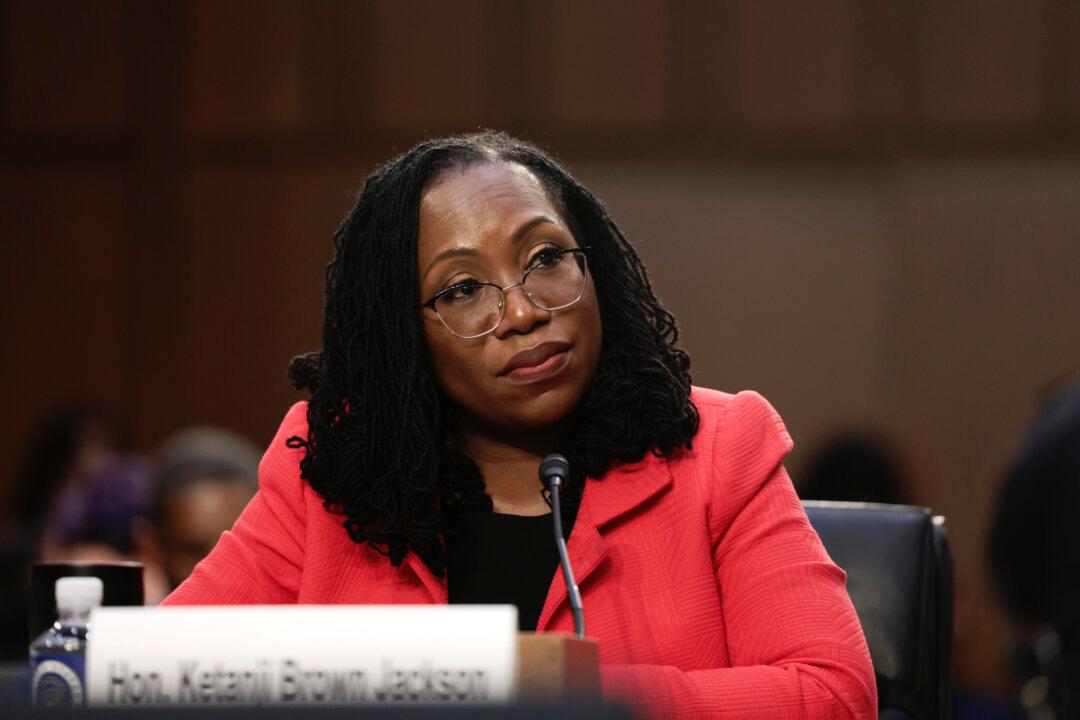Commentary
We live in an era when notions of social justice dominate American life. For decades, from college enrollment to wokeism, America’s focus has moved from opportunity and merit to overriding concerns of fairness and rectification of the past. The Supreme Court nominees of the left are a prime example of that shift, and Judge Ketanji Brown Jackson could be their most prominent champion.





